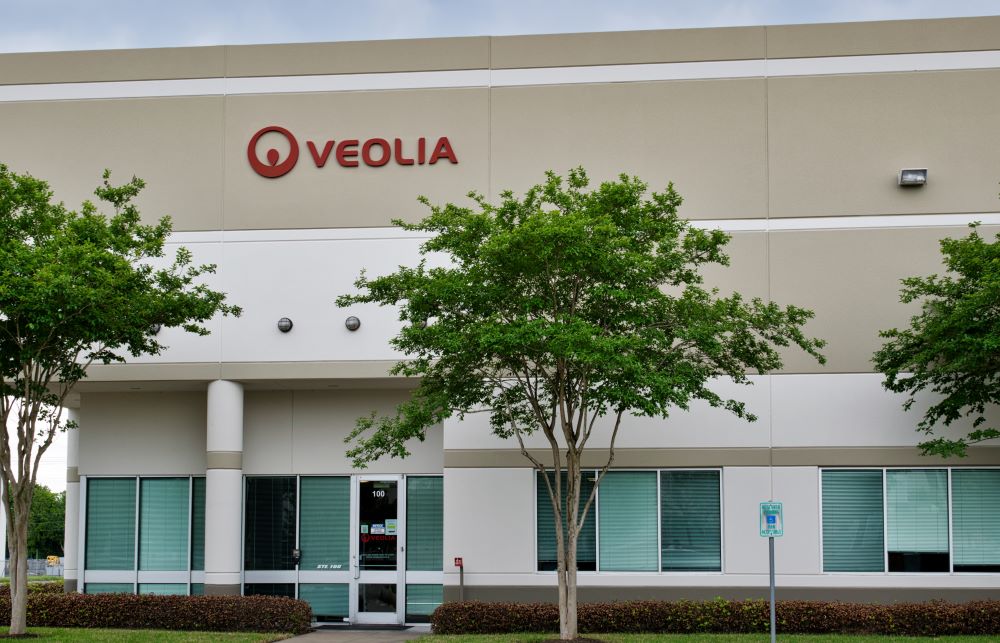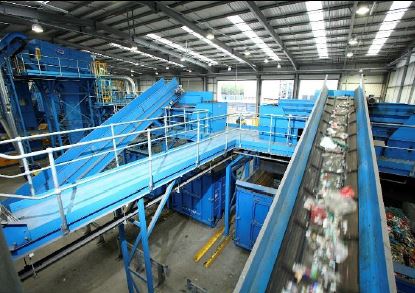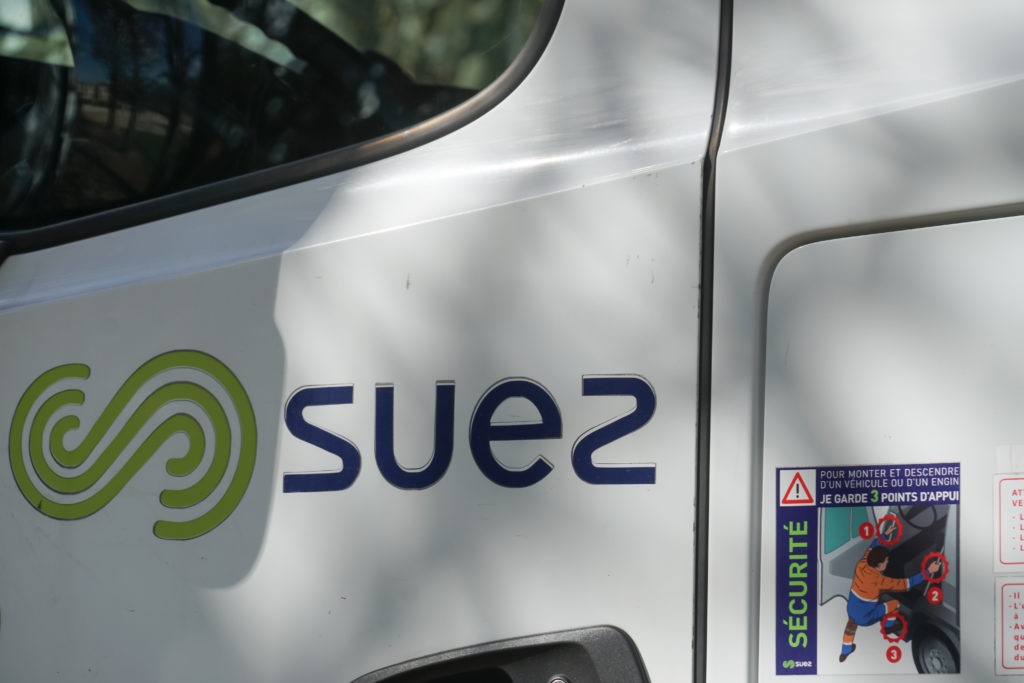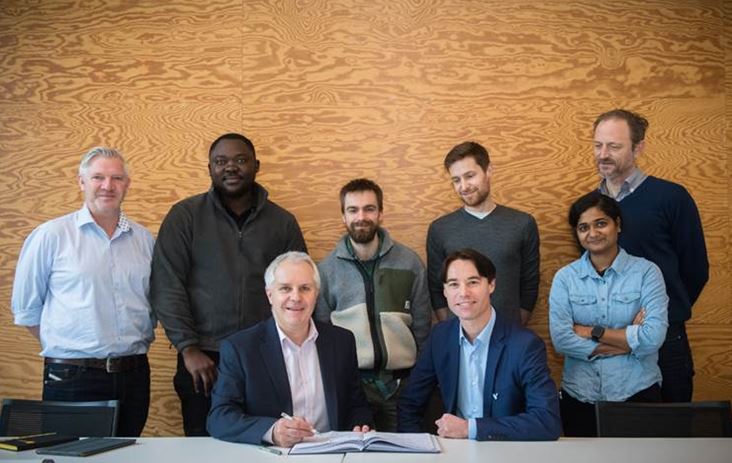Currently, Suez UK is owned by Veolia but operates as a standalone business. The Competition and Markets Authority has ruled out any involvement by Veolia in Suez UK’s operations and has ordered that Veolia must sell Suez UK on competition grounds (see letsrecycle.com story).
The background to the Veolia ownership of Suez UK is complex. Veolia, which is a global waste management business, bought most of its French counterpart Suez in January this year after an agreement reached in 2021. This included Suez UK.
However, to help ensure that European competition authorities would approve the sale, in 2021 a ‘new Suez’ was formed to take on some parts of Suez which were not being bought by Veolia.
Assets
Most of the Suez assets which didn’t go over to Veolia went instead to the ‘new Suez’. The assets were in the water sector (in countries such as France, Poland, Italy and Australia) but they also included the waste activities of Suez in France. As part of the agreement in passing all these businesses over to the ‘new Suez’, the new company had the right to be the first buyer of Suez UK, should it be sold by Veolia.

Accordingly, the financial and waste sectors are now waiting to see if the owners of the ‘new’ Suez will make a bid for Suez UK. If they do not proceed to buy Suez UK, Veolia has already announced that it has found a potential buyer with a deal in place to sell Suez UK to Macquarie Asset Management. (Macquarie already has UK waste interests in Beauparc).
New Suez
The term ‘new Suez’ has now been dropped and the French ‘new Suez’ company is now formally using the name SUEZ (although, of course, Suez UK remains for now as part of Veolia).
On August 8, SUEZ, said “it took note of the agreement between Veolia and Macquarie in relation to the acquisition of the former SUEZ R&R assets in the UK. This agreement is subject to SUEZ’ right of first refusal, in addition to the regulatory approvals to be obtained from the competition authorities.”
This agreement is subject to SUEZ’ right of first refusal
It added that “SUEZ confirms its interest in the potential acquisition of its former R&R assets in the UK. SUEZ will assess in details the terms of the agreement with Macquarie, at the end of which it will decide to exercise or not its right of first refusal. Upon receipt of the notification by Veolia, SUEZ will have the right within a 30 business days period to acquire those assets from Veolia with terms and conditions equivalent to the ones proposed by Macquarie.”
SUEZ has now told letsrecycle.com that the 30 business day period “ends in the second half of September”.
SUEZ shareholders
Attention is now focusing on the decision to be made by the owners of SUEZ which appointed Sabrina Soussan as chief executive last month. Ms Soussan said on her appointment: “I am very honoured by the trust shown by our shareholders, Meridiam, GIP and the Groupe Caisse des Dépôts. I see it primarily as a recognition of the great work accomplished by the teams, of their resilience, of their commitment to our clients and of their passion.”

For SUEZ to buy Suez UK, all three owners of SUEZ (Meridiam, GIP and Groupe Caisse) would have to agree to such a deal because of the investment needed to fund the acquisition from Veolia. Meridiam and GIP have a 40% stake each in SUEZ with Groupe Caisse having 20%.
Crucial meetings are expected next week including at GIP – Global Infrastructure Partners – which is a large, global independent infrastructure fund manager. However, GIP has experience in the UK which is less than positive. It lost money when it acquired Biffa for £1.2 billion in 2008 (see letsrecycle.com story) and in 2013 a recapitalisation took place (see letsrecycle.com story)
GIP
On its own website, GIP has an article from Infrastructure Investor about the company (at GIP website) which reflects the severity of GIP’s first involvement with the UK waste sector.

It refers to GIP chairman Adebayo Ogunlesi describing the Biffa involvement as a ‘disaster’.
One financial source this week explained to letsrecycle.com that GIP ‘has a big decision to make’.
Even if its thinking may be influenced by its bad experience with Biffa (which was in the recession years), it is understood that investment and infrastructure funds do still remain keen on the waste sector. Finance sources say the interest in the waste sector is partly because returns in cash markets are limited and that other markets, such as property, are under pressure. In contrast waste remains a “constant” and fits in with the ESG ambitions of investment funds.
CMA approval
One further level of complexity to the sale of Suez UK is that this will have to be approved by the Competition and Markets Authority. With SUEZ not having assets in the UK, such an approval is expected to be swift. With Macquarie having some businesses in the UK already, a decision could take longer although within the waste sector it is thought that the CMA would approve a sale.












Subscribe for free